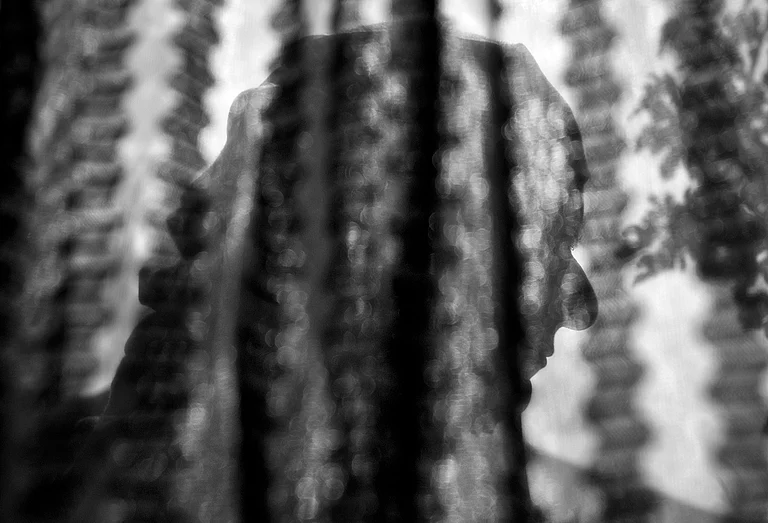It is difficult to put one’s finger on just what is wrong with Tishani Doshi’s first novel. After all, one can hardly hold the Rushdie blurb—“captivating and delightful”—against her. Further, there is a fluid competence at work—she is well-schooled, so there are no egregious blunders of language, there is a solidity of specification in the writing. Names, places, particularities, even the lives she writes about seem to hover on the edge of significance. (The self-conscious Rushdieisms—Doshi described them as “chutneyfication”—are a gratuitous irritant, not enough to save the novel, but she would be well-advised to steer clear of “shabing shabang” and “jhill mill” in future.)
And yet, the novel as a whole seems to have been assembled in a prolonged fit of inattention. Doshi has had some success as a poet, and there are occasional glimpses of poetic intensity, sudden crystallisations in the midst of the shapeless flux of the mundane. For the rest the novel just meanders on pleasantly enough through successive generations, countries, cultures, consciousnesses, but without discernible point or purpose. One wonders how the author is ever going to pull it together, bring the fluent burbling to the end promised by the dwindling number of the pages that remain. She does. It takes an earthquake, as Hillary Clinton might have said. One of the characters dies in earthquake-related circumstances and, it is fair to say, enough characters survive for the indefatigable Ms Doshi to have soldiered happily on but, mercifully, she desists.


























